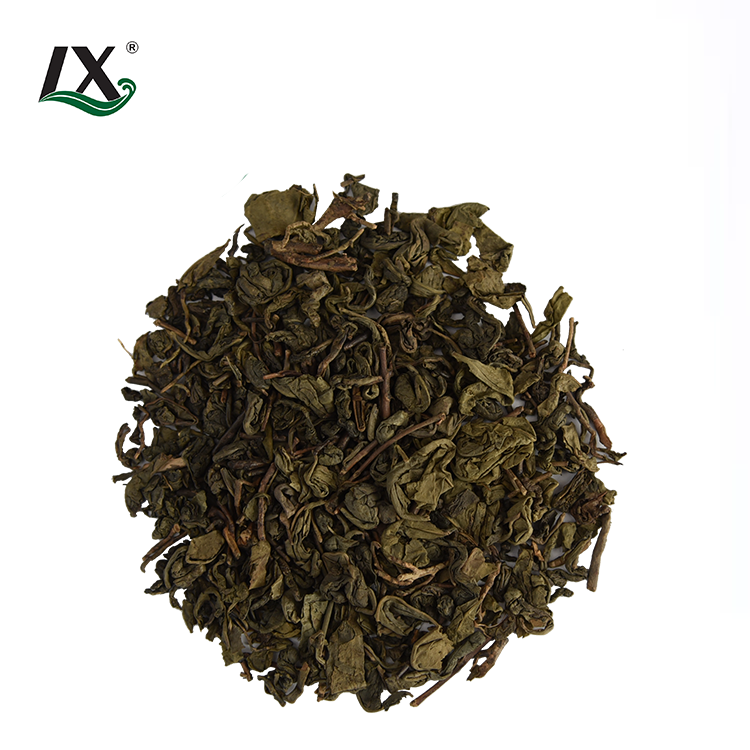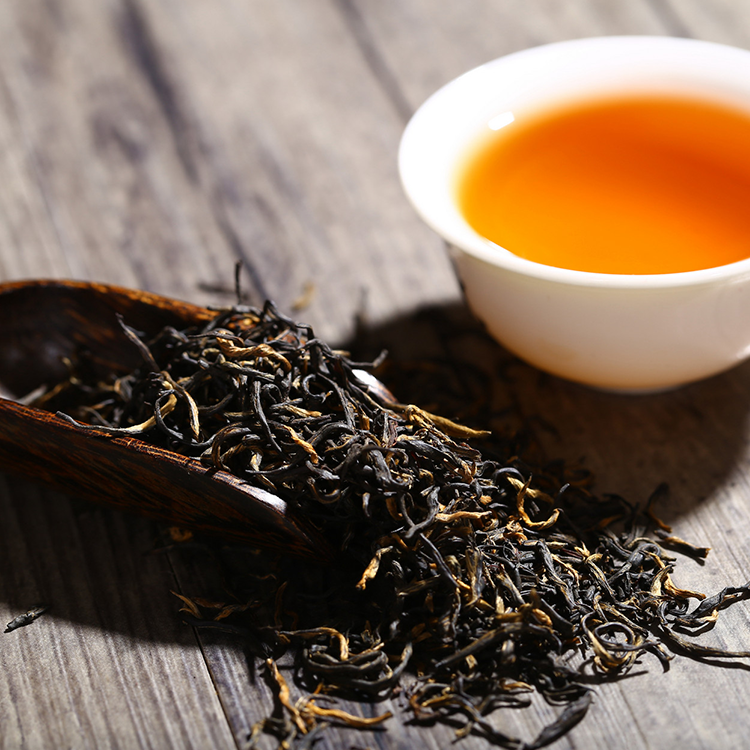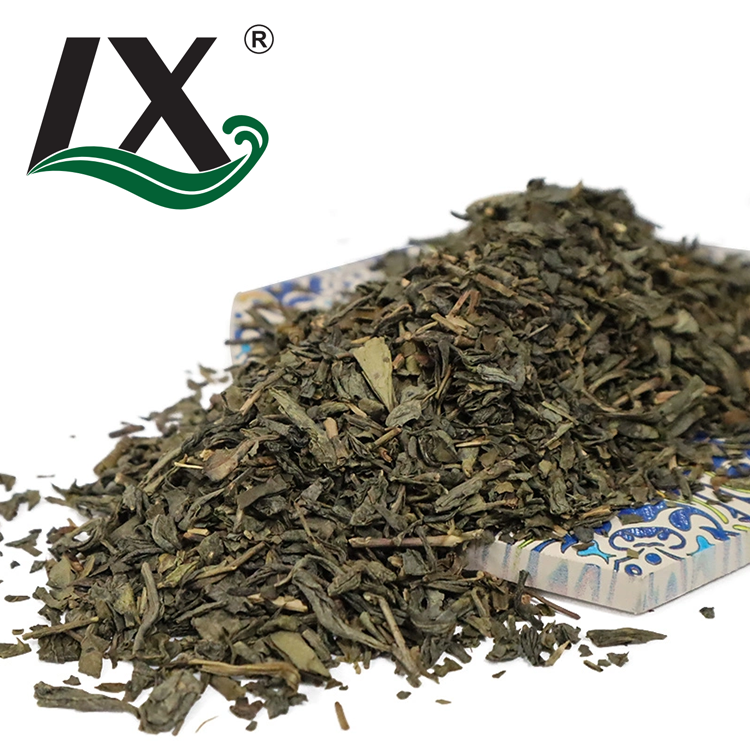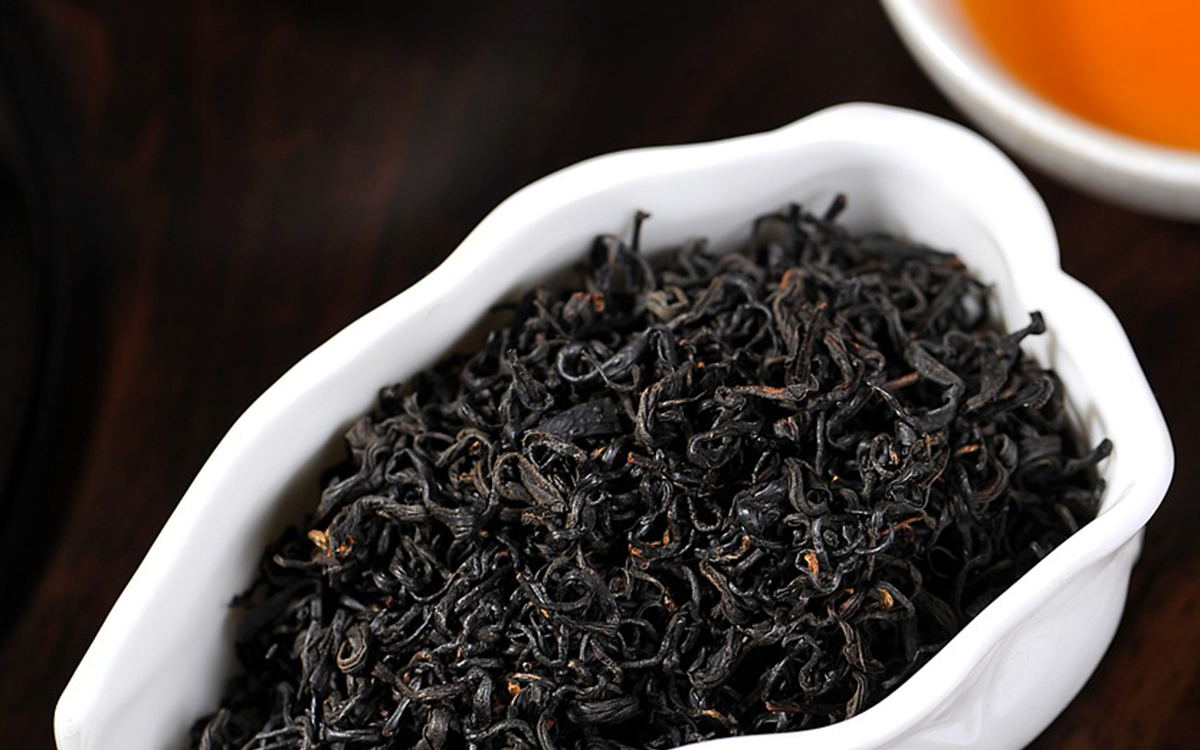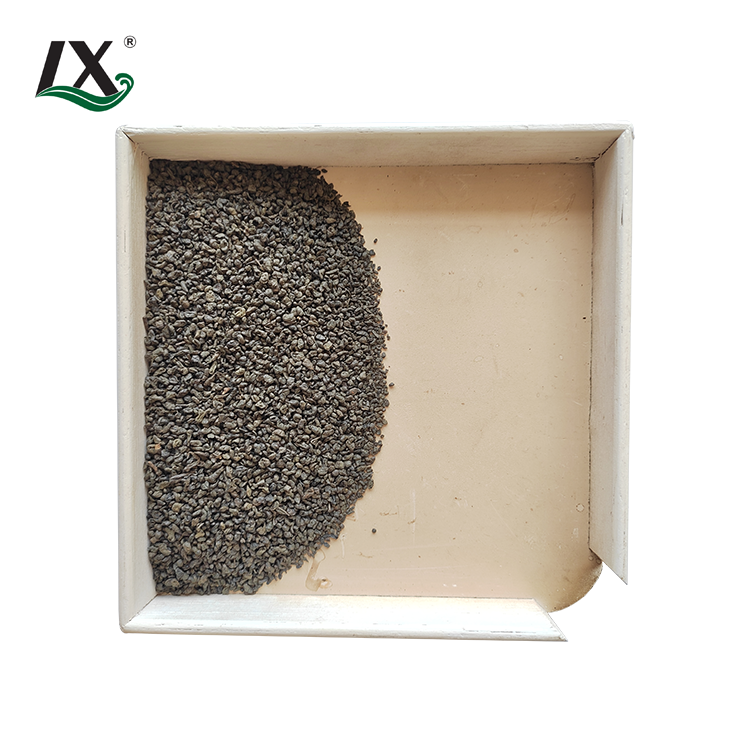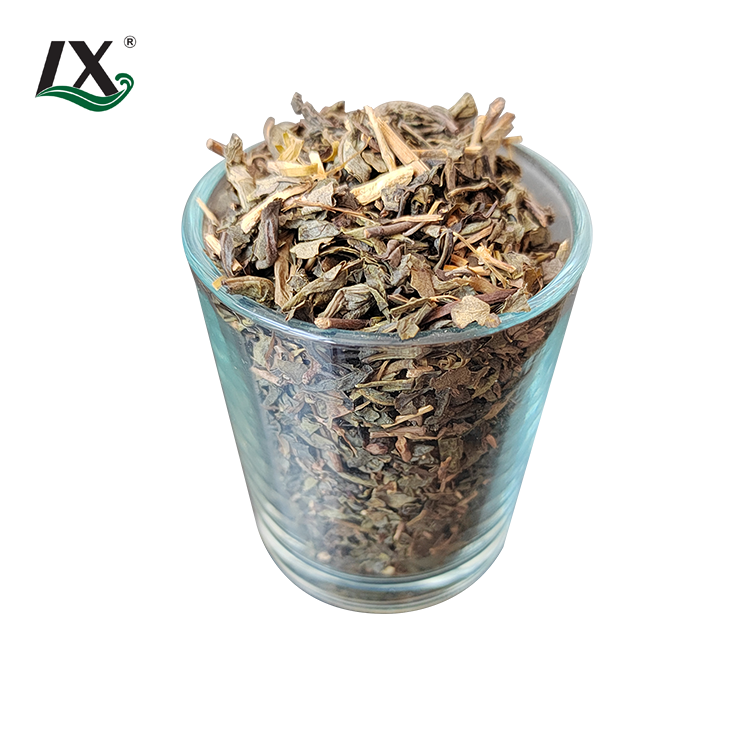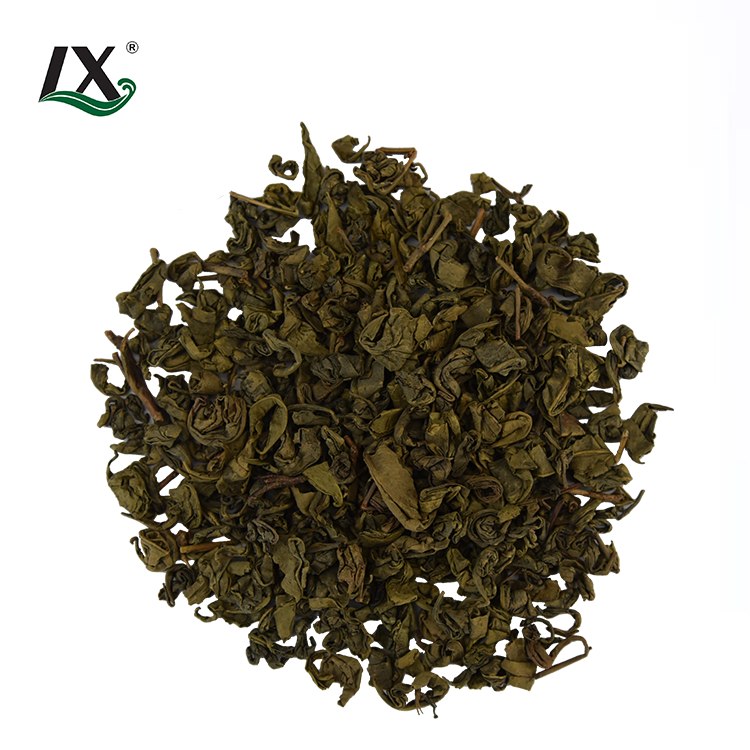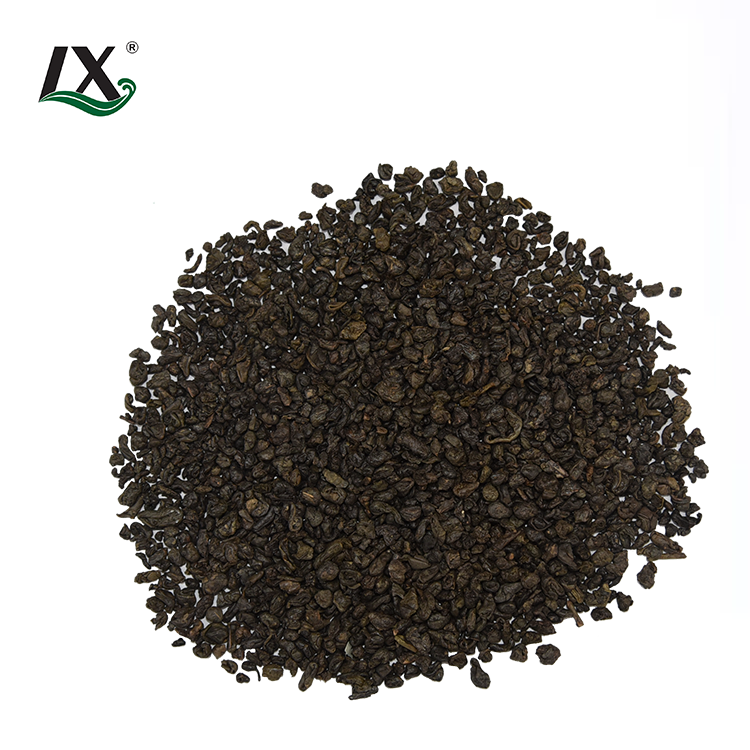Why Gunpowder Green Tea Is Popular in the Middle East?
Gunpowder green tea, with its distinctively rolled leaves and robust flavor, has become a beloved beverage in many parts of the world, particularly in the Middle East. The tea’s history in the region is rich and deeply intertwined with cultural traditions, making it more than just a drink—it’s a symbol of hospitality, health, and heritage. In this blog post, we'll explore the reasons behind the popularity of gunpowder green tea in the Middle East and how it has become an integral part of daily life and social rituals.
A Brief History of Gunpowder Green Tea in the Middle East
Gunpowder green tea, originally from China, made its way to the Middle East centuries ago, primarily through the trade routes of the Silk Road. The tea was particularly valued for its ability to stay fresh over long journeys, thanks to its tightly rolled leaves that resembled pellets of gunpowder. Traders and travelers found it to be a robust, long-lasting tea that could withstand the harsh conditions of desert travel.
Over time, gunpowder green tea such as Gunpowder Green Tea 9475 became deeply embedded in Middle Eastern culture, especially in North African countries like Morocco, where it is a key ingredient in the famous Gunpoder green tea Moroccan mint tea. The tea’s durability and strong flavor made it a staple in the region, where it continues to be enjoyed in various forms to this day.
Cultural Significance of Gunpowder Green Tea in the Middle East
A Symbol of Hospitality
In the Middle East, offering tea to guests is a time-honored tradition that goes beyond mere refreshment; it is an expression of hospitality and respect. Gunpowder green tea, with its bold flavor and refreshing qualities, is often the tea of choice for welcoming guests into the home. It is typically brewed strong and served in small glasses, often with the addition of fresh mint leaves and sugar to enhance its flavor.
The act of preparing and serving tea is a ritual that signifies warmth and generosity, and it is common for tea to be served multiple times throughout a visit, each round symbolizing the deepening of friendship and connection. In this context, gunpowder green tea is more than just a drink—it’s a medium through which social bonds are strengthened.
Gunpowder Green Tea Moroccan - Mint Tea, A Cultural Icon
Perhaps the most famous preparation of gunpowder green tea in the Middle East is Moroccan mint tea, also known as "Atay." This iconic beverage is made by brewing gunpowder green tea with fresh mint leaves and a generous amount of sugar, creating a refreshing, sweet, and aromatic drink that is enjoyed throughout the day.
Gunpowder green tea Moroccan mint tea is traditionally prepared with great care and attention to detail. The process often involves pouring the tea from a height to aerate it and create a frothy head, which is believed to enhance the flavor. The tea is served in ornate glasses, often on a silver tray, and is a staple at social gatherings, celebrations, and even business meetings. The ritual of making and serving Moroccan mint tea is a cultural art form, reflecting the importance of tea in Moroccan society.
A Daily Ritual in North Africa
In countries like Morocco, Algeria, and Tunisia, gunpowder green tea is consumed daily, often multiple times a day. It is an integral part of daily life, enjoyed in the morning, afternoon, and evening. The tea is often prepared and shared among family members or friends, making it a communal activity that reinforces social ties.
In many households, the tea is brewed in a special teapot called a "berrad," and the preparation of the tea is a ritual in itself. The tea is typically brewed strong, with a handful of fresh mint added to the pot, and served in small glasses with sugar. The result is a refreshing and invigorating drink that is enjoyed year-round, regardless of the weather.
The Health Benefits of Gunpowder Green Tea
One of the reasons gunpowder green tea is so popular in the Middle East is its numerous health benefits. The tea is rich in antioxidants, particularly catechins like epigallocatechin gallate (EGCG), which are known for their ability to protect the body from oxidative stress and inflammation.
Aids in Digestion
After a heavy meal, a cup of gunpowder green tea is often served to aid digestion. The tea’s natural compounds help to soothe the digestive tract, reduce bloating, and improve gut health. This makes it a perfect after-meal beverage, especially in cultures where large, communal meals are common.
Supports Heart Health
Gunpowder green tea is also valued for its heart-healthy properties. Regular consumption of the tea has been linked to reduced levels of LDL cholesterol, improved blood circulation, and lower blood pressure—all of which are crucial for maintaining cardiovascular health. In regions where heart disease is a growing concern, the health benefits of gunpowder green tea make it a popular choice for those looking to maintain a healthy lifestyle.
Boosts Energy and Mental Clarity
The caffeine content in gunpowder green tea provides a gentle energy boost, making it a popular choice for those who need to stay alert and focused throughout the day. Unlike coffee, which can cause jitteriness or anxiety, gunpowder green tea offers a more balanced and sustained energy lift, thanks to the presence of L-theanine, an amino acid that promotes relaxation and mental clarity.
How Gunpowder Green Tea is Enjoyed in the Middle East
With Mint and Sugar
The classic Middle Eastern preparation of gunpowder green tea moriccan involves brewing the tea with fresh mint leaves and adding sugar to taste. This preparation, known as Moroccan mint tea or "Atay," is one of the most popular ways to enjoy gunpowder green tea in the region. The sweetness of the sugar balances the tea’s natural bitterness, while the mint adds a refreshing, cooling note.
Served Hot or Iced
While hot tea is the traditional way to enjoy gunpowder green tea in the Middle East, iced versions are also popular, especially during the hot summer months. Iced gunpowder green tea with mint is a refreshing and hydrating beverage that provides a cool respite from the heat.
As Part of Social Gatherings
Tea is an essential part of social gatherings in the Middle East, whether it’s a formal event or a casual get-together. Gunpowder green tea is often brewed in large quantities and served to guests as they arrive, with the host refilling glasses throughout the visit. The tea serves as a backdrop to conversation and connection, creating a warm and welcoming atmosphere.
The Role of Gunpowder Green Tea in Middle Eastern Hospitality
In Middle Eastern culture, hospitality is a deeply ingrained value, and the offering of tea is a fundamental aspect of this tradition. When guests arrive at a home, they are often greeted with a pot of freshly brewed gunpowder green tea. The tea is a symbol of the host’s generosity and a gesture of goodwill, and it is considered impolite to refuse it.
The ritual of serving tea also serves as an opportunity for hosts and guests to engage in conversation, share stories, and strengthen relationships. The act of pouring and offering tea is done with care and respect, reflecting the importance of hospitality in Middle Eastern culture.
Gunpowder Green Tea and the Future of Middle Eastern Tea Culture
As the world becomes more interconnected, the popularity of gunpowder green tea continues to grow, both within the Middle East and beyond. The tea’s unique flavor, combined with its health benefits and cultural significance, ensures that it will remain a staple in Middle Eastern households for generations to come.
In recent years, there has been a growing interest in organic and high-quality varieties of gunpowder green tea, reflecting a broader trend towards health and wellness. This shift is likely to influence how gunpowder green tea is consumed in the future, with a greater emphasis on its health benefits and sustainability.
Conclusion
Gunpowder green tea’s popularity in the Middle East is a testament to its enduring appeal as both a flavorful and healthful beverage. Its deep roots in Middle Eastern culture, particularly in the context of hospitality and social rituals, have made it an integral part of daily life. Whether enjoyed hot or iced, with mint and sugar, or as part of a social gathering, gunpowder green tea continues to be cherished for its ability to bring people together and promote well-being.
As you sip your next cup of gunpowder green tea, take a moment to appreciate the rich history and cultural significance behind this remarkable tea. Whether you are in the Middle East or anywhere else in the world, gunpowder green tea offers a taste of tradition, health, and hospitality that transcends borders.







